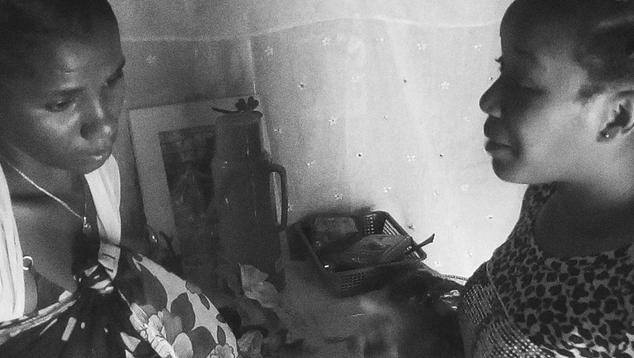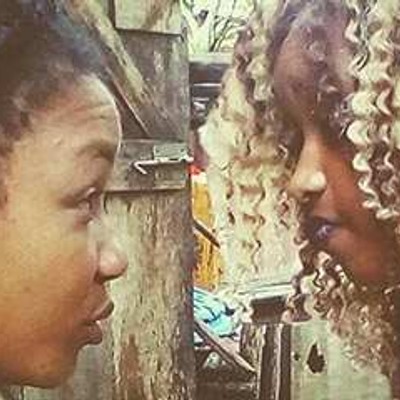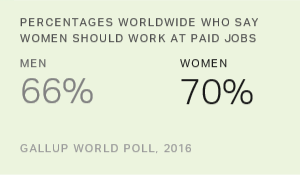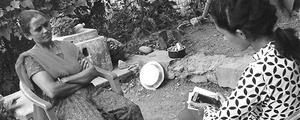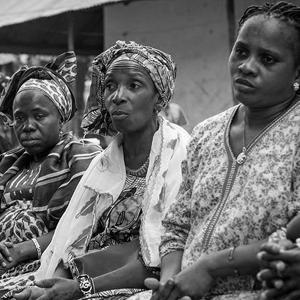For this year's edition of Gallup's Conversations on International Women's Day, we focus on the experiences of two female interviewers: Anna and Mariam. We have changed their names to protect their identities. Both are experienced field researchers who juggle professional obligations, including long absences from home, with family responsibilities.
Anna, 39, lives in Madagascar, a rugged island nation in the Indian Ocean that stretches almost 1,000 miles from North to South and 350 miles from West to East. Mariam, 28, lives in Mali, a landlocked country in Africa equivalent in surface area to almost three Californias. Both countries have poor roads outside the main cities and large swaths of territory that are unsafe.
Gallup: During fieldwork, for how long are you away from home?
Anna: It ranges from 10 to 30 consecutive days. Since I am married and I have two small children, my mother takes care of the children while my husband takes care of the house. I use WhatsApp to stay abreast of what's going on at home. But I do not use the video function with my children because it makes them cry to see me on the screen.
Mariam: The maximum is 40 consecutive days. I am married and have three young children. When I am away, it is my sister who takes care of my children and of my house.
Gallup: What are the most important character traits that people need to be successful during fieldwork?
Anna: You must be adaptable because there are things that you can or cannot do in your assigned sampling locations. For example, you must always introduce yourself to the president of the fokontany [a lower-level administrative unit] before doing any work in their area. You must also be willing to take different means of transport to reach your destination, including having to walk many kilometers, as public transportation is not always available.
Mariam: First, you need to have respect for yourself. You will project strength and knowledge, and your respondents will also respect you. Second, you need to be courageous. We know the work is rigorous and the conditions are difficult, but you cannot have anything without any effort.
Gallup: Aside from earning a paycheck, why do you this type of work?
Anna: You learn so much about your own country when you leave your area. For example, we have the famadihana [a funeral tradition during which people open their ancestors' graves and re-arrange their bones] in Madagascar. It is done differently depending on the region, and in some areas, people spend large sums of money for this important ceremony.
But overall, fieldwork and its challenges have made me a stronger woman.
Mariam: It is to have life experiences and to acquire knowledge. Conditions in Bamako, the capital city, and the regions, especially the rural areas, are very different. We know there are poor people in Bamako, but when you travel to rural areas, you can really see how people live, and their suffering puts ours in perspective. It is very eye-opening. People in other regions do things differently.
For example, I stayed in a chief's home one night because there was no other lodging facility in the village. In the middle of the night, the chief's daughter became ill, and his wife asked him to help get medical assistance. He told his wife that he only takes care of his sons, and that it was her responsibility to take care of the daughter. I was shocked to hear this in my country.
Gallup: When you interview other women, how do they react to the World Poll questions?
Anna: Aside from the length of the questionnaire, they find it interesting. And I feel they share their opinions freely. We need to continue the World Poll to know how people live and what matters for them.
Gallup: If you could add one question (or a topic) on the World Poll, what would that be?
Anna: I would ask questions about access to clean water because fetching water is the job of women in Madagascar.
Mariam: We need to ask questions about women's conditions in their own homes, how they live, what their opportunities and dreams are. That is why surveys like the World Poll are so important. They can help us measure issues women face.
